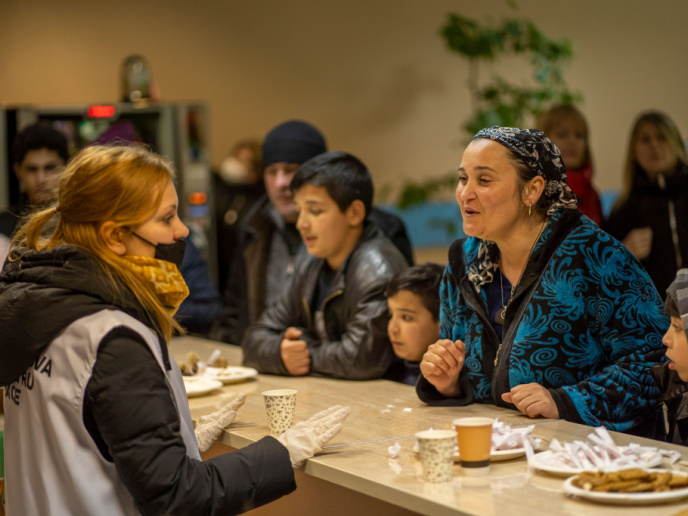Linking migration, gender and intercultural interplay
Taking a tripartite conceptual and methodological approach, the GE.M.IC. project aimed to identify links between migration, gender and intercultural actions. Project members underlined that it is the point at which these three dimensions meet that some of the most important cultural developments in Europe take place. They used a critical perspective approach to their research, with a special emphasis on the impact of migrant mobility and cultural diversity on gender relations in host, transit and sending societies. GE.M.IC. critically assessed the theoretical and policy frameworks of intercultural interaction in the region of the Mediterranean and south-east Europe to identify common patterns, divergences and possible challenges within and across national borders. Project members identified and analysed the intersections of migration and gender in intercultural relations in particular focus areas, with six thematic areas of study being developed through national case studies. Objectives included contributing to the literature on gender, migration and intercultural relations to shed light on diverse cultural, historical, political, social, psychological, educational and economic factors that facilitate or prohibit the peaceful coexistence of different cultures. Members also sought to contribute to the ongoing European debate and policymaking efforts aimed at constructing effective policies and institutions to manage cultural diversity and mobility and to promote intercultural dialogue and cooperation. A positive approach to migration looked at intercultural relations from the perspective of migration and the impacts of migration on cultural diversity and interactions in the region of the Mediterranean and south-east Europe. GE.M.IC. researchers examined forms and practices of discrimination and exclusion of migrants and also practices of resistance against this. They thus also provided insights into contemporary forms of racism, intolerance and xenophobia through a three-pronged approach taking into account gender, migration and intercultural interactions. Furthermore, research considered how gender, race, class, ethnicity and other social divisions interact to construct personal and collective identities in flux. A critical approach to intercultural interaction helped research into and analysis of how cultural groups interact in order to produce common cultural products in different areas. Project outcomes shed light on practices of urban everyday life, where culturally specific forms of identity and belonging that are commonly associated with traditional gender roles are being challenged due to migrant mobility and diversity. Overall, GE.M.IC. generated new and important insights into the thematic areas of representations of national identity and the media, education, urban social spaces and movements, religion, violence, and the family. Research results impact the academic and policy communities, as well as migrant associations, stakeholders and practitioners as they challenge ethnocentric presuppositions about culture and the state-centric biases in policymaking.





